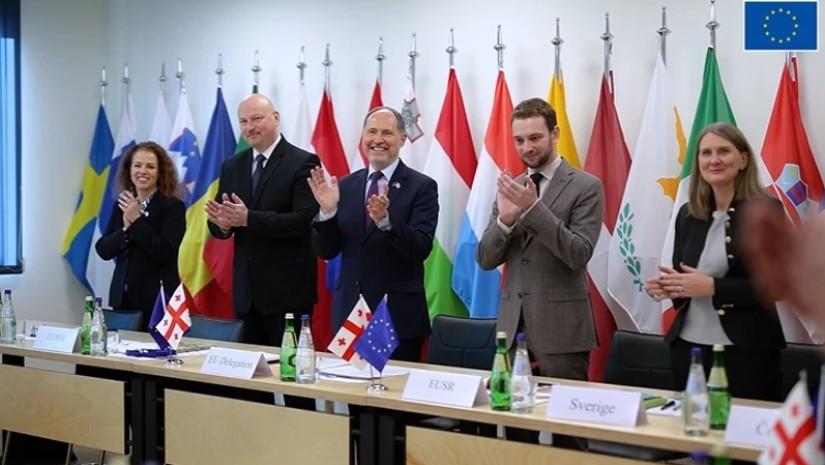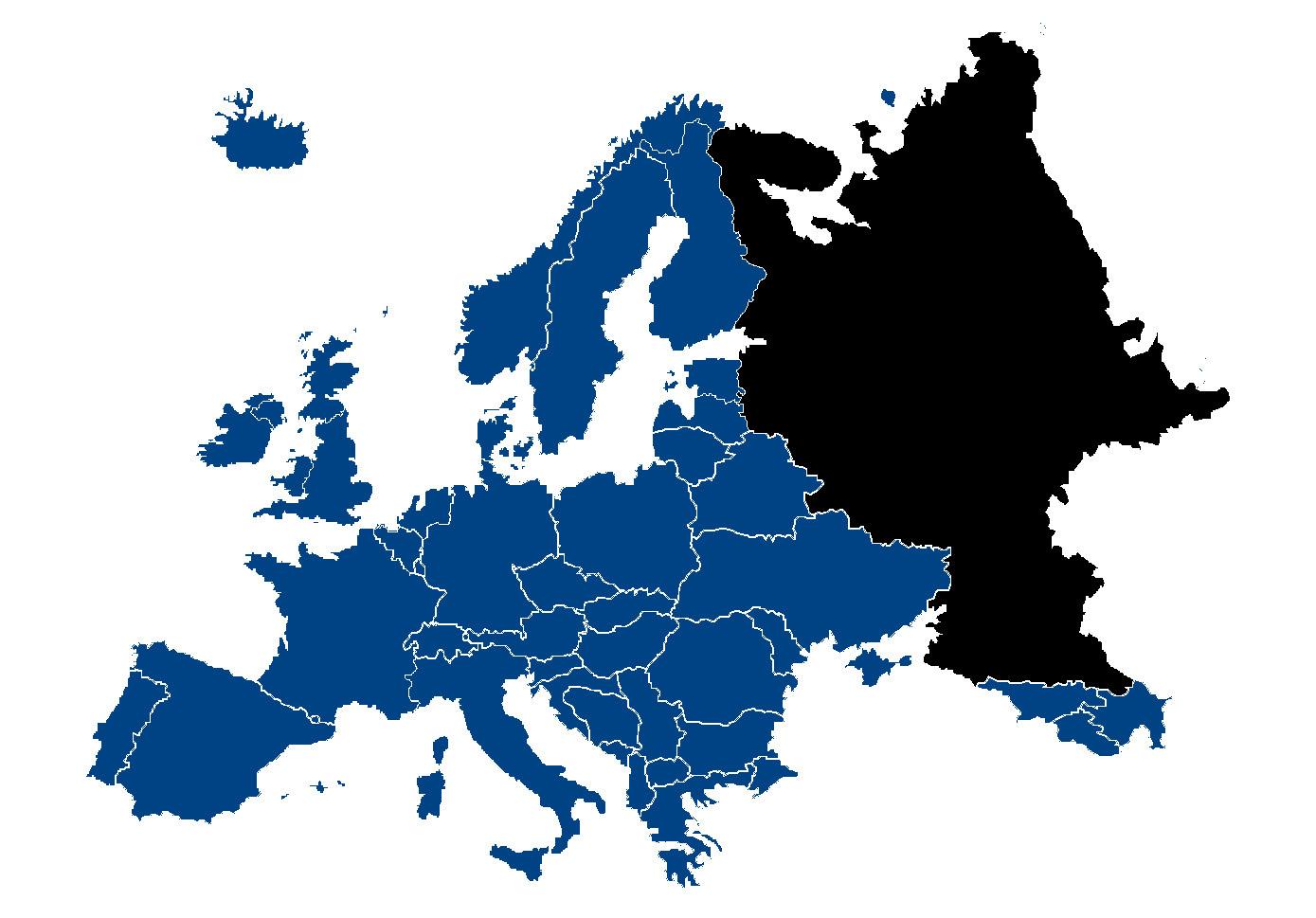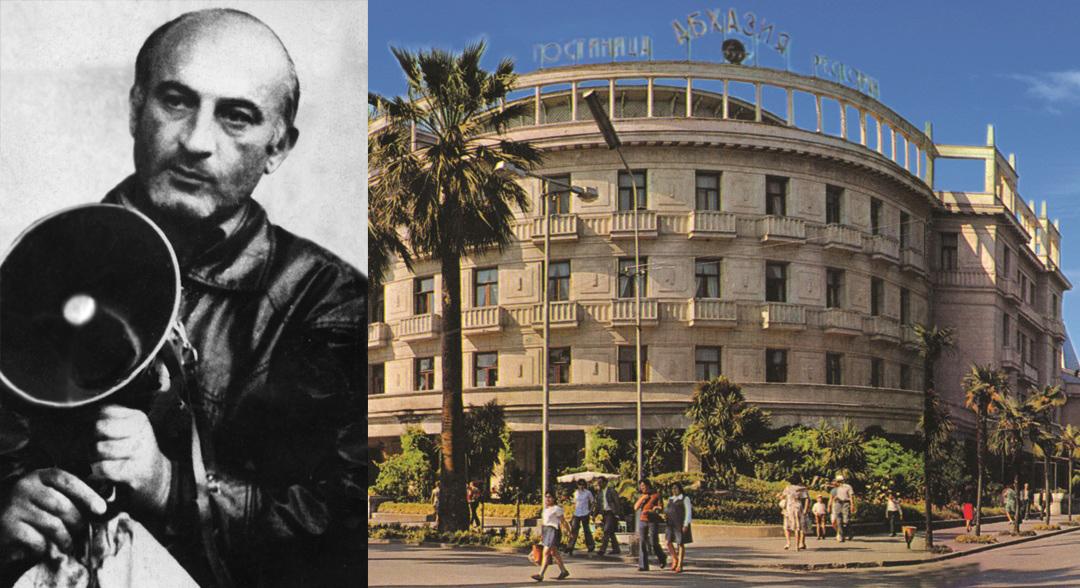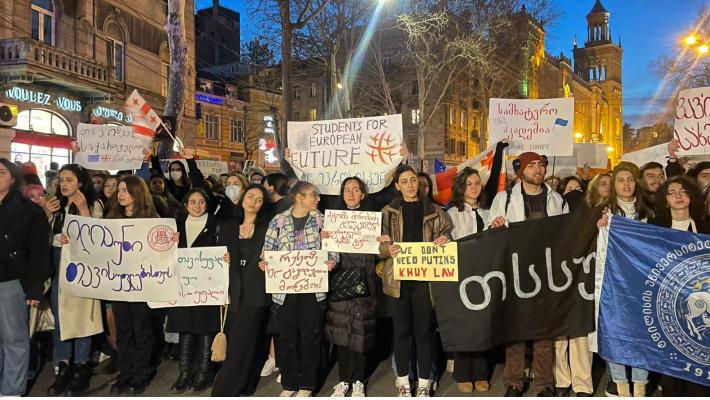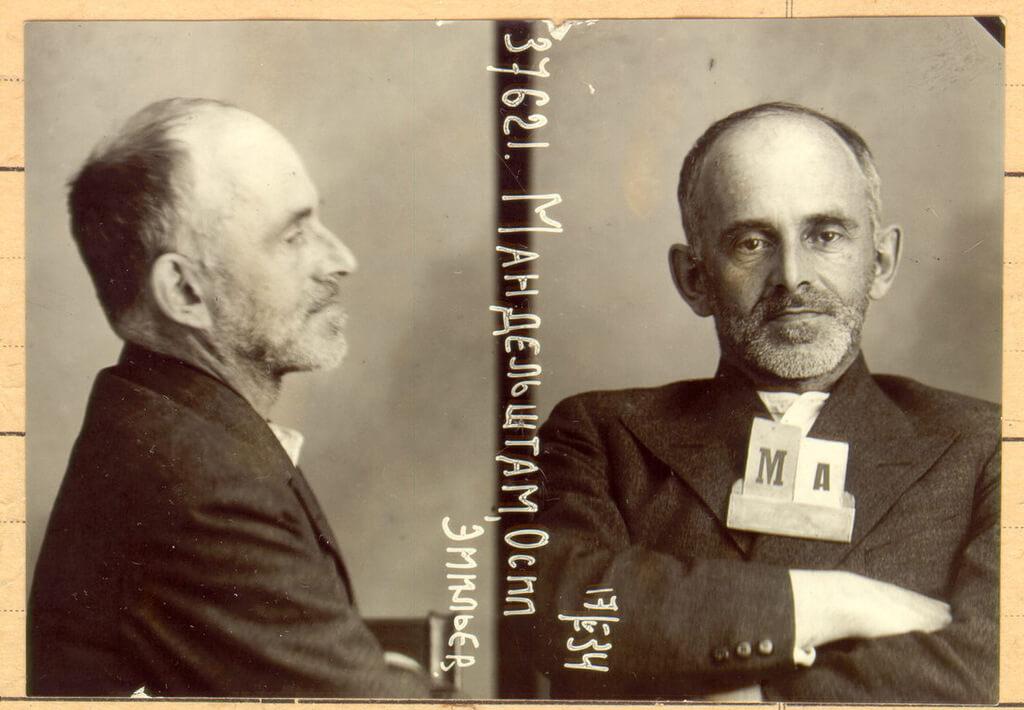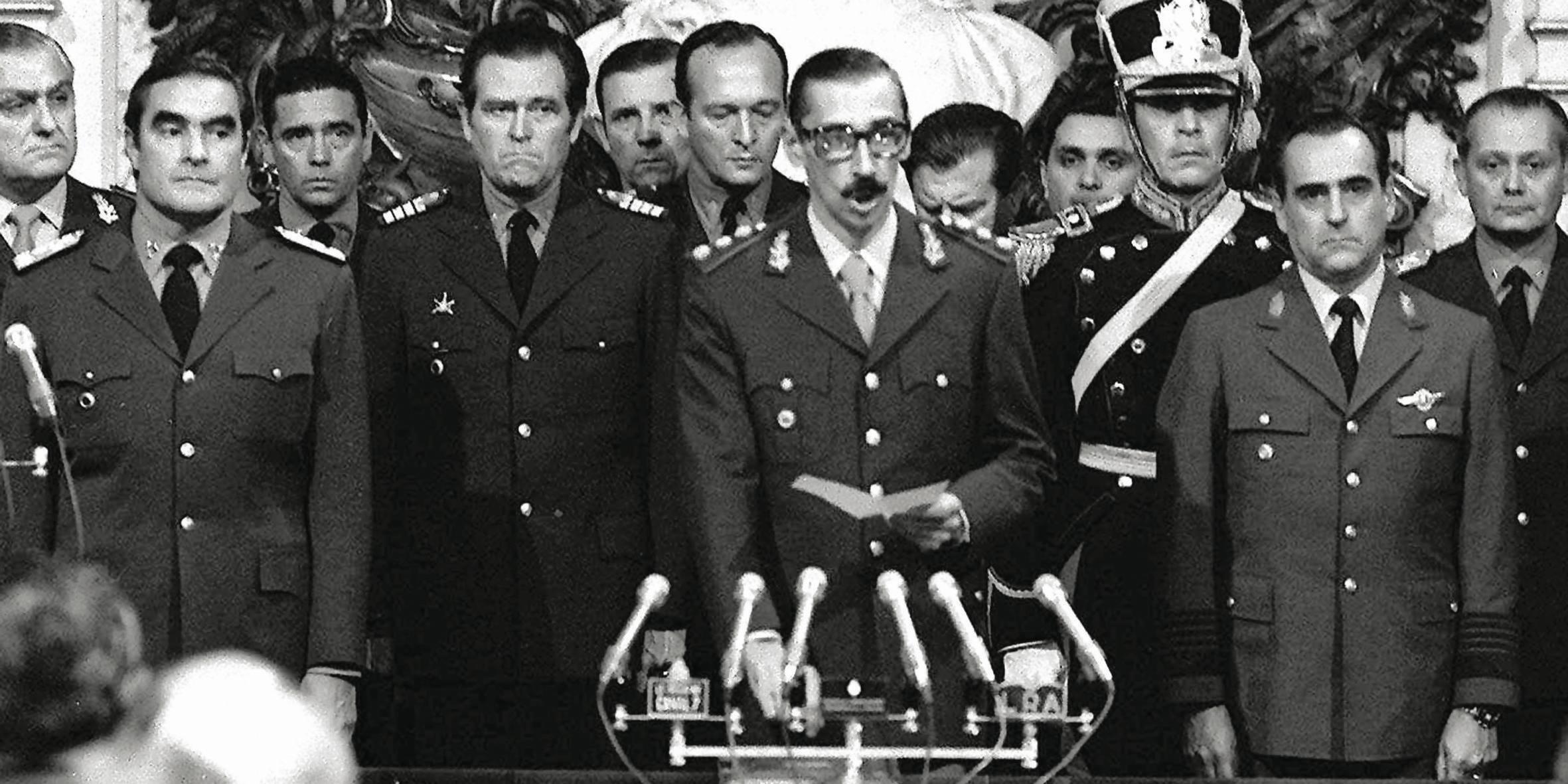Author : Ana Khurtsidze

I recently came across a Soviet joke that inspired me to write this article. It goes like this: Three judges are boasting to each other about the most influential case they’ve ever heard. One says, ‘I presided over a case involving a neighbour’s dispute with the secretary of the executive committee.’ Another chimes in, ‘I handled a divorce case for a People’s Artist.’ The third judge listens attentively and then responds: ‘That’s nothing. I managed to get money from both parties involved in the case, and they were both satisfied.’
This is a joke, but in reality, both parties to a dispute may find satisfaction with the outcome and be willing to pay to manage the dispute process and control the outcome. Such an avenue is provided to disputants through an alternative form of dispute resolution: mediation.
The purpose of this article is to help the reader understand the opportunities that mediation provides to disputants, to see its benefits from a different perspective, and to recognize that this method of dispute resolution is one of the most effective tools for fostering a favourable investment environment and laying the groundwork for successful justice reform, which is one of the primary prerequisites for integration into the European Union.
Combining both academic and practical definitions, mediation is a method of dispute resolution in which a neutral third party (the mediator) facilitates negotiations between two or more parties to reach a mutually acceptable agreement. Unlike traditional litigation, mediation grants the disputing parties greater control over the outcome, thus avoiding a zero-sum (winner-loser) scenario. Instead of one winner and one loser, mediation aims to satisfy both parties with the agreement reached. Furthermore, mediation offers a secure and confidential environment where disputants can freely express their concerns without fear of disclosing conflict details.
Mediation presents a faster and more cost-effective alternative to litigation, sparing parties from the time-consuming process and associated high costs. From this perspective, commercial mediation offers an even more intriguing and expansive field of opportunity, fostering an attractive investment environment. Commercial mediation is a voluntary and confidential process for resolving disputes between businesses or organizations outside of the court system. It represents a specialized form of negotiation customized to address specific business requirements and challenges. Mediation enhances the economic landscape and fosters business growth, as it enables businesses to avoid unnecessary time and financial resources typically expended in litigation. Additionally, investors are more incentivized to engage with countries where robust alternative dispute resolution mechanisms are in place. In the event of a potential dispute, they are not limited to resorting solely to a congested court system and protracted legal proceedings.
Today, private commercial mediation enjoys popularity in the world’s leading economies. In countries such as the USA, UK, EU member states, China, and Japan, resolving disputes through mediation is becoming increasingly prevalent. What’s even more remarkable is the growing number of mediation service provider companies; for instance, the UK mediation market is expanding at an average rate of around 9% per year. Consequently, the number of private mediators is also on the rise. Moreover, cross-border disputes within European Union member states are subject to mediation in accordance with the relevant European directive. The open market and open borders within the European Union have led to an increase in disputes between companies based in different countries operating within the single consumer market. In such cases, it often makes more sense to resolve disputes through a private mediator rather than in a court in one of these countries. Courts may be confronted with misunderstandings about jurisdiction and may lack the confidence of the management of the companies involved. National courts are also usually ill-equipped to deal with cross-border disputes. National legal systems are not structured to deal with complex cross-border jurisdictional disputes and often lack the experience and framework to deal with them effectively.
The Georgian judiciary also faces the challenges described above. The judicial system is burdened with a heavy caseload, resulting in prolonged delays in the consideration of cases. Each judge must deal with a large number of cases, making it physically impossible to resolve disputes quickly and effectively. It is crucial for both the judiciary and the public to recognise that, even in the absence of bias in the judicial system, there are significant limitations on the resources available to expedite legal proceedings, which, among other damaging consequences, discourages investors from freely investing capital in the country. Mediation, when encouraged and supported by the court itself, can be regarded as a potent tool for addressing the challenges mentioned above. Judges should not hesitate to promote mediation extensively, as it can never entirely supplant the role of the courts. They should be willing to cede some of their authority in favour of mediators, which would primarily enhance the efficiency of judicial proceedings and, in the long term, substantially alleviate the burden on the courts. Furthermore, within the context of European integration, adopting mediation practices would bring Georgian legal proceedings closer to the European standard and offer an effective alternative to courts for resolving cross-border disputes.
One measure of a society’s democratic development is its commitment to resolving conflicts through mutual agreement. The developed world has long recognized mediation as a successful form of negotiation and has widely implemented it within their legal systems. Numerous studies have demonstrated that the development of mediation practices has not only improved the functioning of courts but has also stimulated economic activity. Despite waves of judicial reforms, Georgia has yet to establish a court system that instils citizens with a sense of justice and provides a solid foundation for the consolidation of democracy. These challenges are primarily attributed to a lack of political will. However, even with political will, the scarcity of resources must be taken into account. Relieving an overburdened court system requires an effective tool, and one crucial tool is the promotion of alternative dispute resolution. In the last 10 years, 635 cases were submitted to the Mediation Center of the Tbilisi City Court for consideration, with a settlement rate of 70%. Despite this high settlement rate, the number of cases subject to mediation itself remains exceptionally low. With an active awareness-raising campaign, the number of cases undergoing mediation is expected to increase significantly.
Fear of novelty is a characteristic condition in all societies, and Georgian society is no exception. In the minds of many Georgians, the desire to strive for a better future is often overshadowed by a longing for past days, even if this ‘glorious past’ exists only on the embellished, yellowed pages of history. Despite the incredible opportunities that the 21st century has brought in every field, we find ourselves clinging to non-existent, invisible threads of power and ‘resorting to unthinkable measures’ to resist progress, likely due to the lingering effects of past totalitarian and authoritarian regimes. Even innovations that are modern variations of forgotten, time-tested practices can be intimidating to us. Yet, it is precisely this type of innovation that represents the most effective tool for alternative dispute resolution: mediation. Mediation embodies a collaboration between ancient norms of public life and the latest advancements in the field of law.
When it comes to spearheading the awareness-raising campaign in this direction, the responsibility should fall on the court itself. By taking the lead, the court can significantly increase the effectiveness of such campaigns. It’s essential for the court to step out of its comfort zone and embrace new opportunities that are tailored to the interests of the people it serves.
